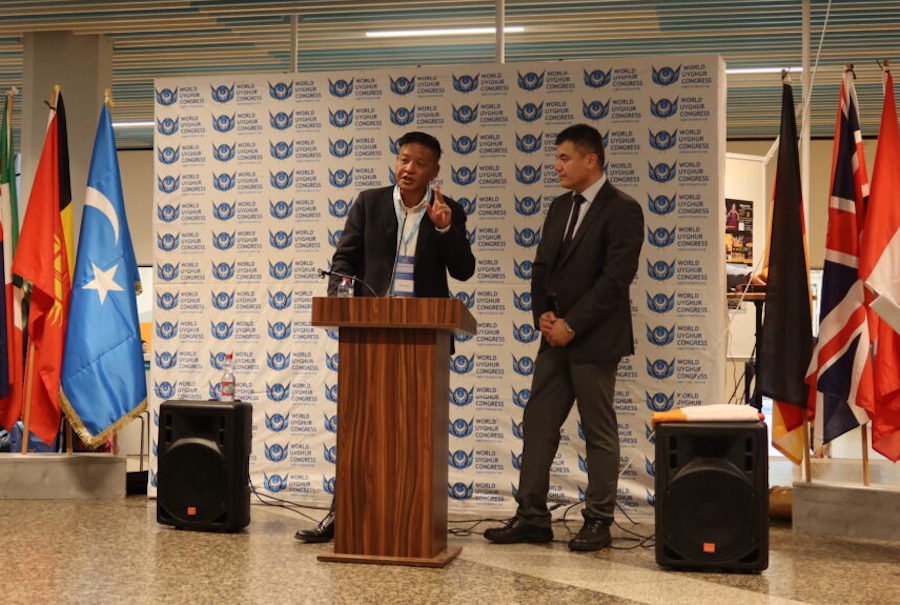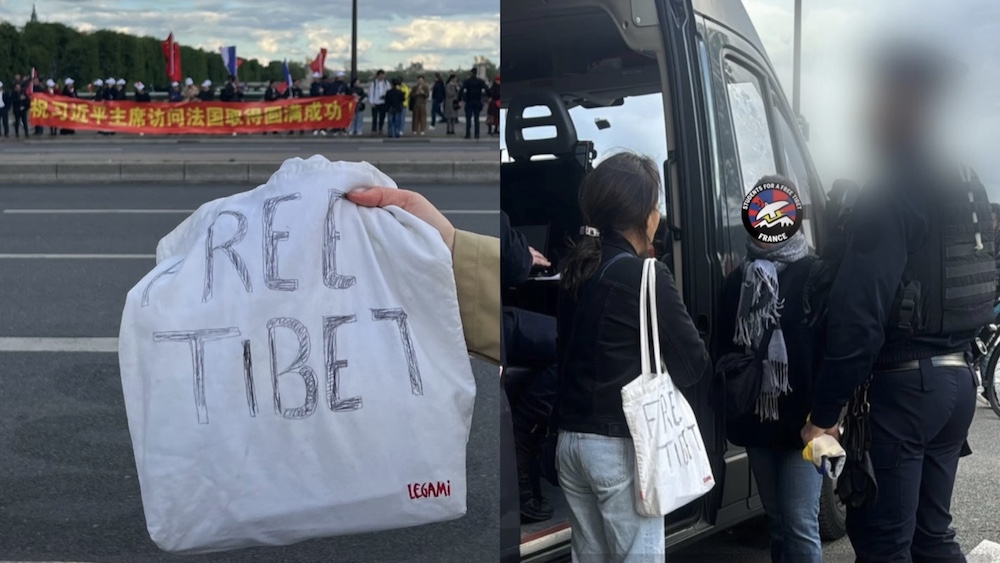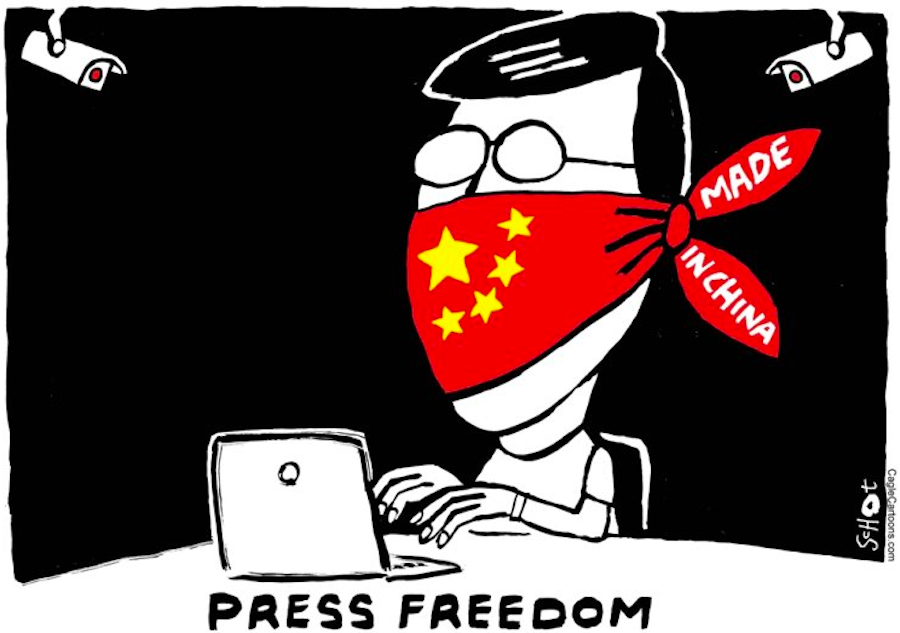 Press freedom groups have voiced dismay at moves by China to increase restrictions on foreign news agencies.
Press freedom groups have voiced dismay at moves by China to increase restrictions on foreign news agencies.
The state news agency Xinhua recently announced that foreign media must now seek its approval before distributing any news and pictures within China.
Joel Simon, from the Committee to Protect Journalists, described the new rules as “a step backwards”.
Reporters without Borders said the changes could have a “serious impact” on the work of foreign news agencies.
Correspondents say it is unclear what changes the new rules will lead to on the ground.
China already heavily censors material for its domestic audience, and foreign media companies have long been barred from selling news services directly to Chinese outlets.
Business news wires which sell information directly to Chinese customers are likely to be among the worst affected.
“We are studying these rules closely to see how they differ from the current guidelines, and will be discussing the details of the new regulation with Xinhua,” a Reuters spokesperson told the BBC.
The new regulations come amid an apparent clampdown on the media in China.
A researcher for the New York Times was recently jailed for three years for fraud, and a correspondent for Singapore’s Straits Times was also sentenced to five years for spying.
‘Predator’
The new regulations give Xinhua the power to censor reports from foreign agencies that are deemed to be a danger to national unity or social stability.
In a statement issued late on Monday, Reporters Without Borders accused Xinhua of becoming a “predator of both free enterprise and freedom of information”.
Sharon Hom, executive director of Human Rights in China, said the rules also go against Beijing’s promise to let reporters freely cover the 2008 Beijing Olympics.
“These latest measures sound a wake-up call to the international community that a closed, state-controlled Olympics is on the horizon,” she told the Associated Press.
European Commission President Jose Manuel Barroso also criticised the regulations, saying that any restriction on press freedom was “a very negative development”.
The EU plans to broach the subject during human rights talks in Beijing next month.









